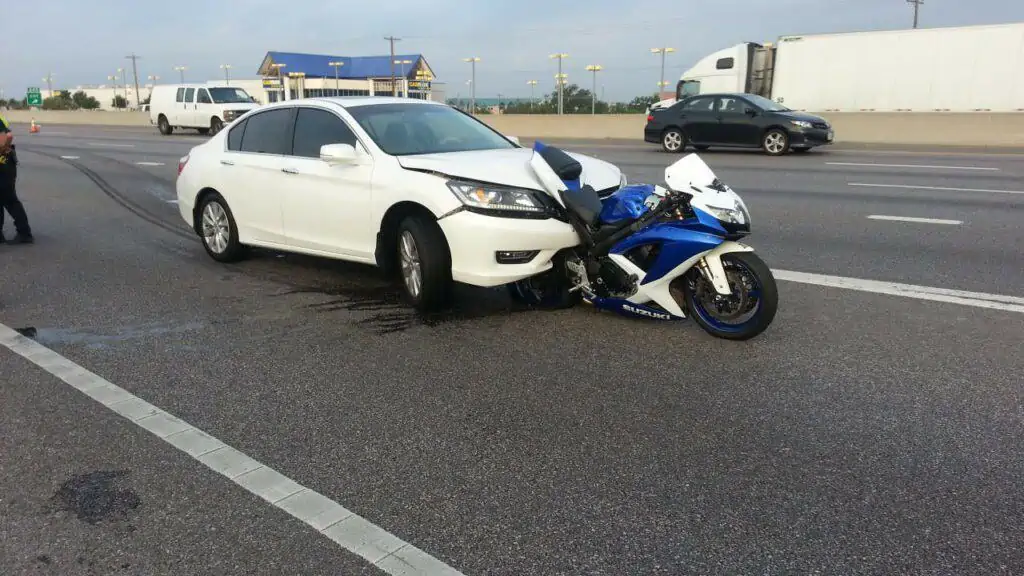Motorcycle Safety in Texas – 533 Deaths Last Year
Motorcycle enthusiasts enjoy the thrill of the open road, but they also face greater risks compared to other drivers. Recent data from Texas revealed a concerning trend: motorcycle fatalities climbed to 533 last year alone. Tragically, nearly one-third of motorcycle-related incidents lead to death or severe injuries, compared to a mere 3% for car and truck incidents. This disparity largely stems from the inherent lack of protection motorcycles offer and their less conspicuous presence on the roads.
While both motorcycles and other vehicles require a valid license to operate, a troubling statistic from the National Highway Traffic Safety Administration found that 30% of motorcyclists involved in fatal crashes in 2019 lacked proper licensing. This issue is even more pronounced in Texas, where over half of those riders were unlicensed. Alongside this, there’s been a sharp decline in certified motorcycle safety instructors.

Motorcycle Safety Instructor Shortage
However, the dearth of licensed instructors isn’t the sole factor behind these accidents. Impairments such as alcohol, distractions like cellphones, and the absence of helmets also contribute significantly. From 2016 to 2022, motorcycle fatalities in Texas surged by 15%. Alarmingly, less than half of these victims had valid licenses, with the number of unlicensed riders growing by nearly 30% statewide since 2016.
It’s evident: there’s a clear link between the decline in motorcycle safety instructors and the rise in fatal crashes.
The Department of Licensing and Regulation (TDLR) recognizes a part of the solution: Texas needs a minimum of 200 more motorcycle safety instructors. Though a straightforward solution, it’s fraught with challenges:
- Compensation: A motorcycle safety instructor isn’t a lucrative role. They earn modest amounts for each class, often without extra benefits, even when travel is required.
- Time Commitment: Becoming an instructor demands significant time investment, including course preparation, traveling to distant locations, and potentially taking unpaid leave from their primary jobs.
- Unique Qualities: Being an instructor isn’t just about knowledge. It requires a genuine passion for roadway safety, exemplary personal practices, and even learning CPR to handle potential emergencies.
Indeed, instructing motorcycle safety is more a vocation than a mere job.
To address this, TDLR has collaborated with the Texas A&M Transportation Institute. After conducting a comprehensive survey of motorcyclists, we’re formulating strategies to motivate and retain potential instructors. We’re also updating our instructional tools and resources, enhancing our record-keeping systems, and expanding instructor training locations for increased accessibility.
In essence, TDLR is deeply committed to refining the motorcycle instructor training process. Our goal is clear: making Texas roads safer for all, whether you ride on two wheels or four. Addressing this issue requires collective efforts and diverse perspectives, and we are dedicated to leading this charge.


